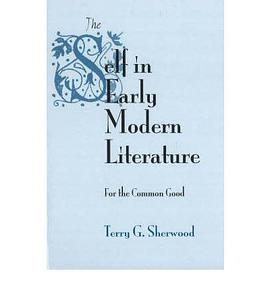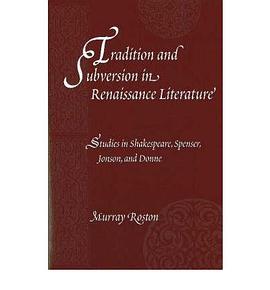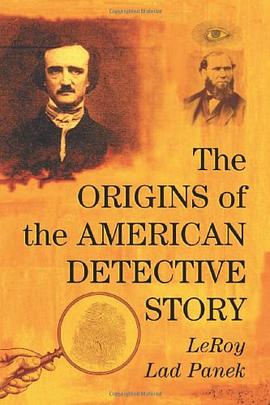

具体描述
In Russia and America, a perceived absence of literature gave rise to grandiose notions of literature's importance. This book examines how two traditions worked to refigure cultural lack, not by disputing it but by insisting on it, by representing the nation's (putative) cultural deficit as a moral and aesthetic advantage. Through a comparative study of Gogol and Hawthorne, this book examines parallels that seem particularly striking when we consider that these traditions had virtually no points of contact. Yet, the unexpected parallels between these authors are the result of historical similarities: Russians and Americans felt obliged to develop a manifestly national literature ex nihilo, and to do so in an age when an unprecedented diversity of printed texts were circulating among an ever more heterogeneous reading public. Responding to these conditions, Gogol and Hawthorne articulated ideas that would prove influential for their nations' literary development: that is, despite the culture's thinness and deviation from European norms, it would soon produce works that would surpass European literature in significance.
作者简介
目录信息
读后感
评分
评分
评分
评分
用户评价
相关图书
本站所有内容均为互联网搜索引擎提供的公开搜索信息,本站不存储任何数据与内容,任何内容与数据均与本站无关,如有需要请联系相关搜索引擎包括但不限于百度,google,bing,sogou 等
© 2026 book.wenda123.org All Rights Reserved. 图书目录大全 版权所有




















